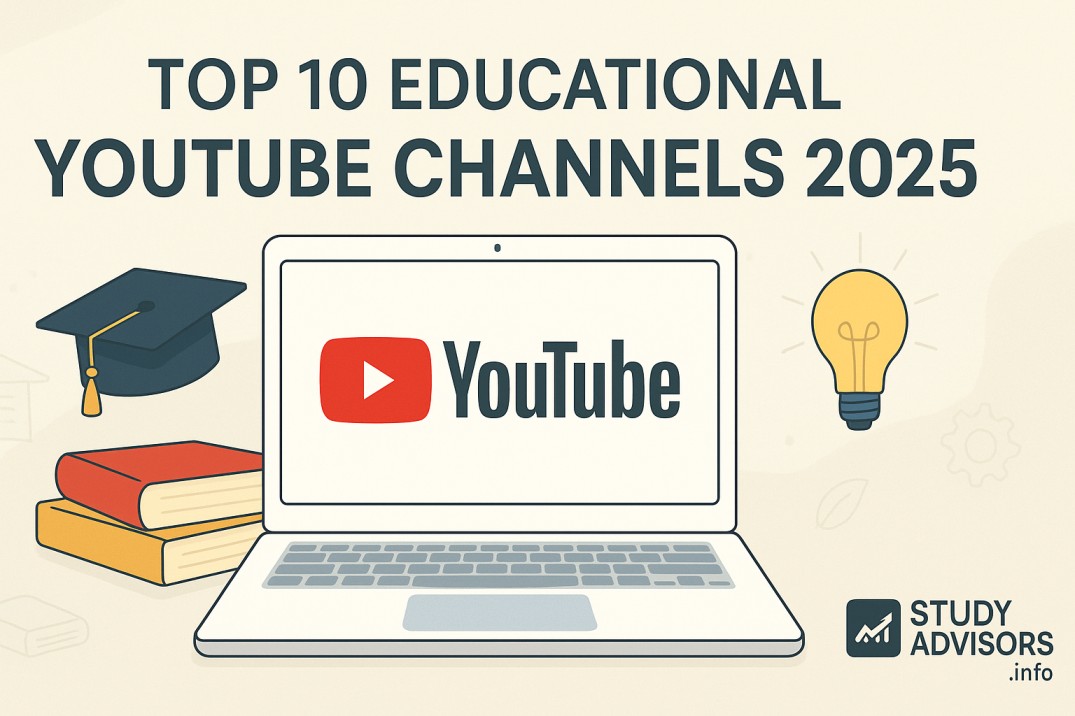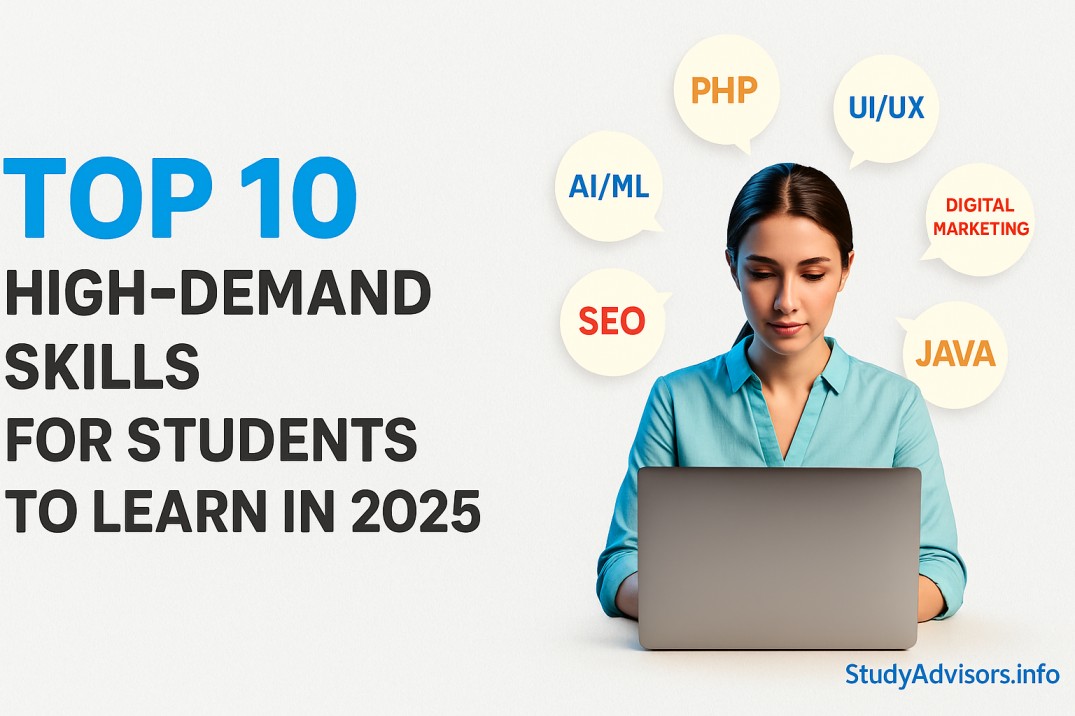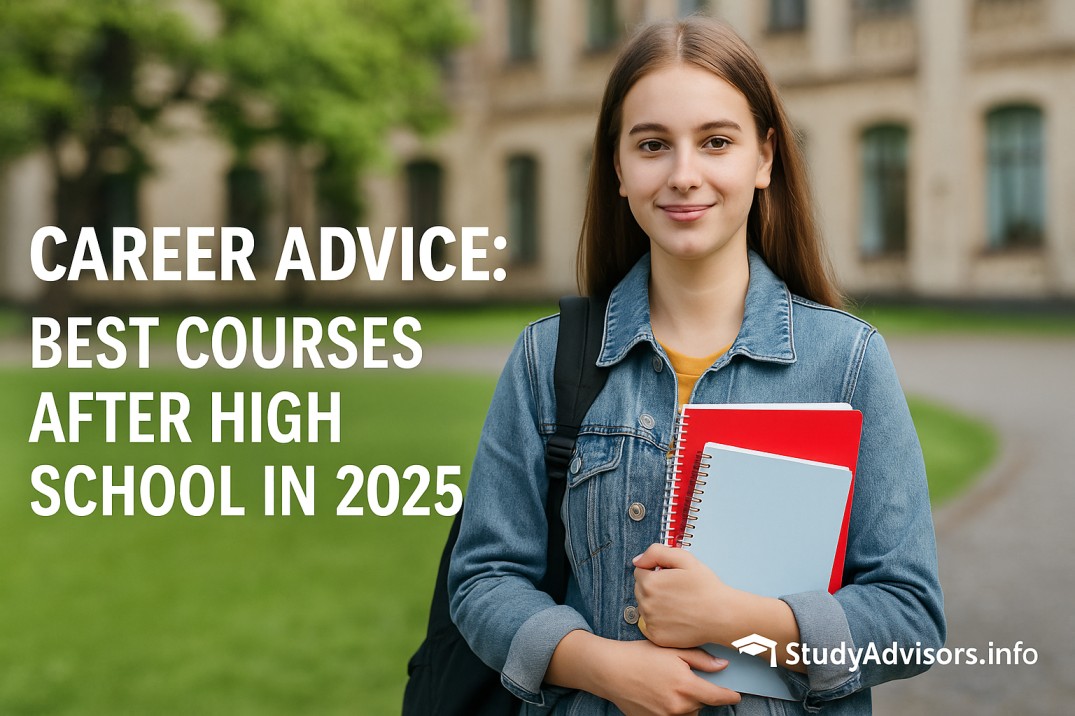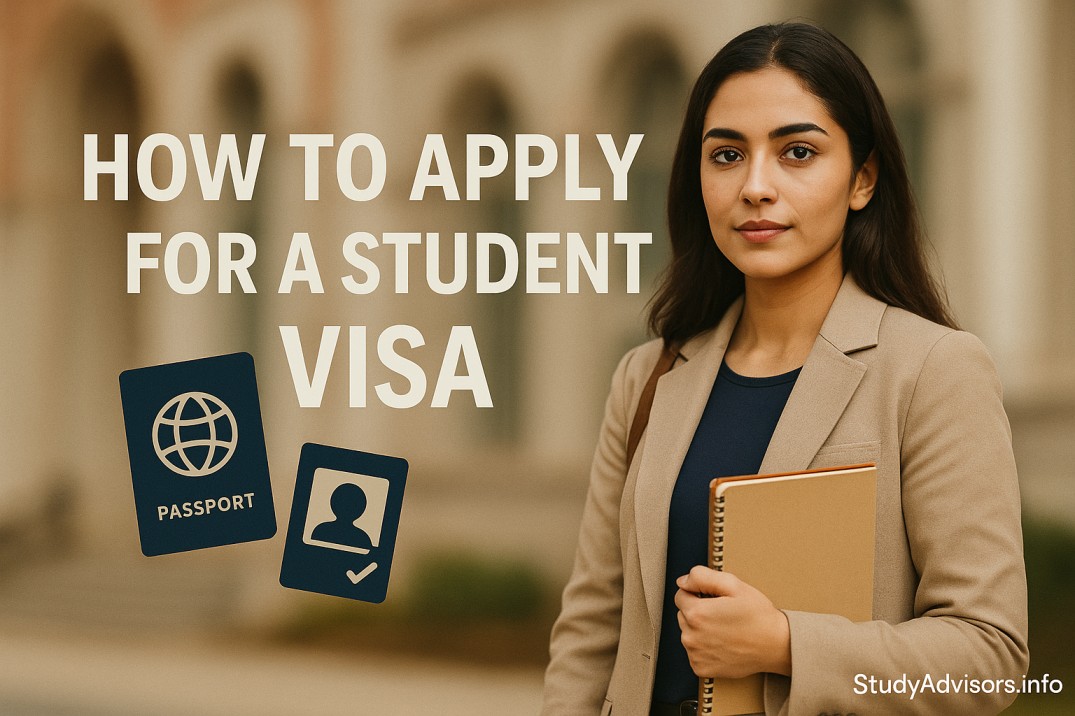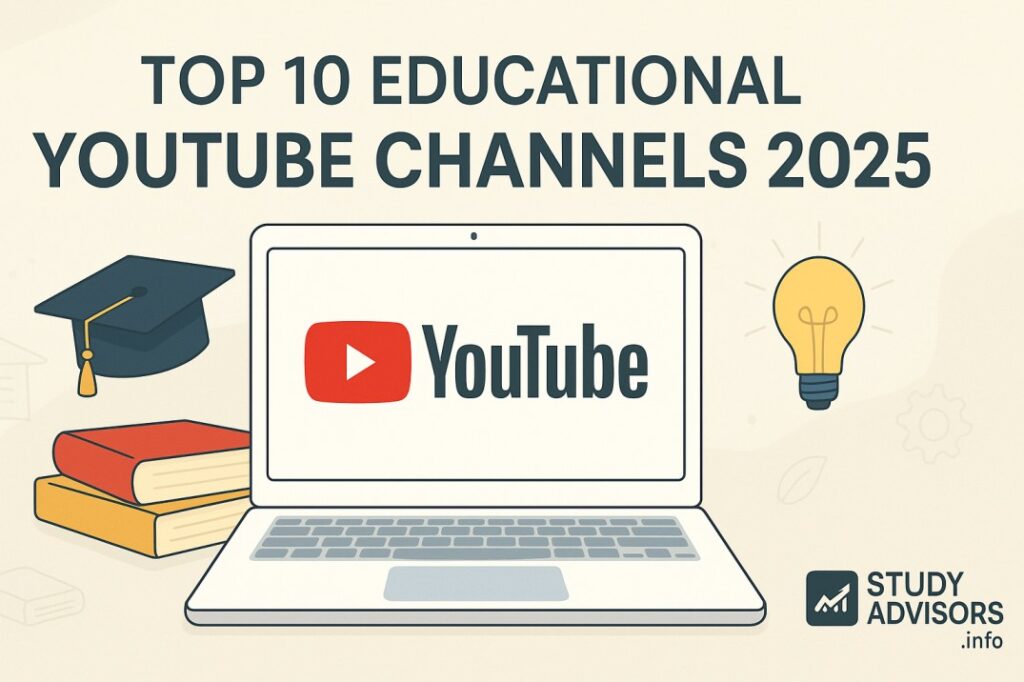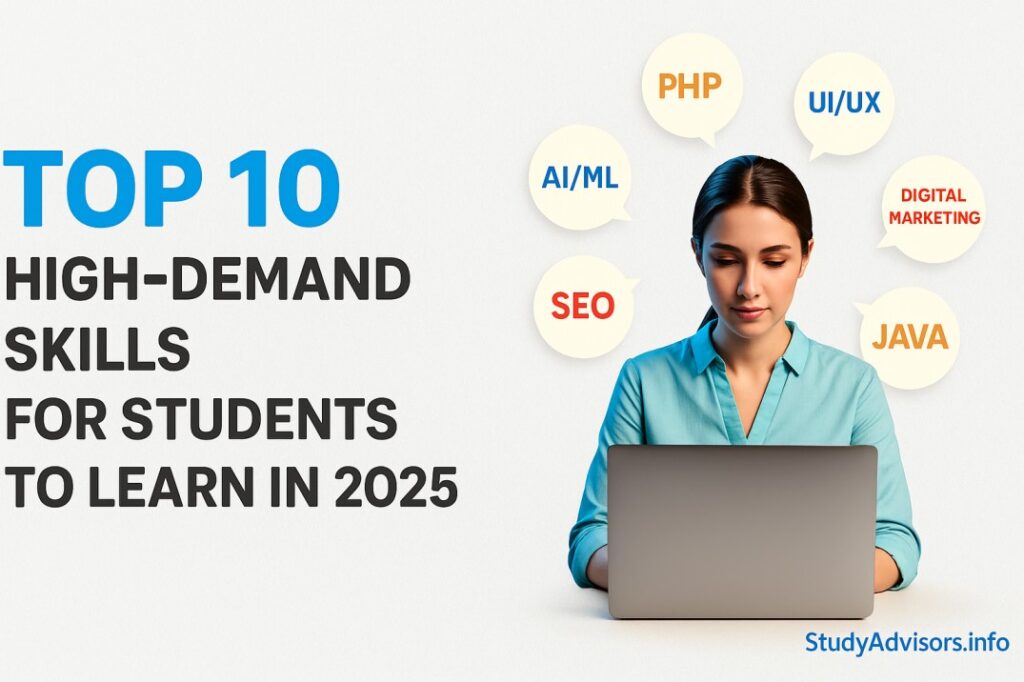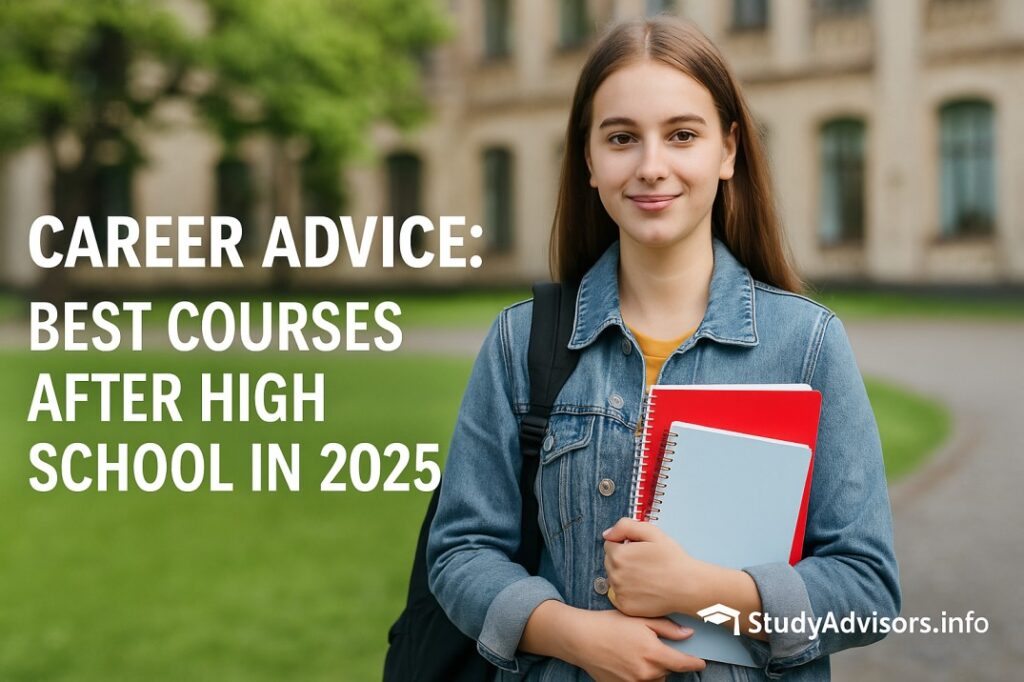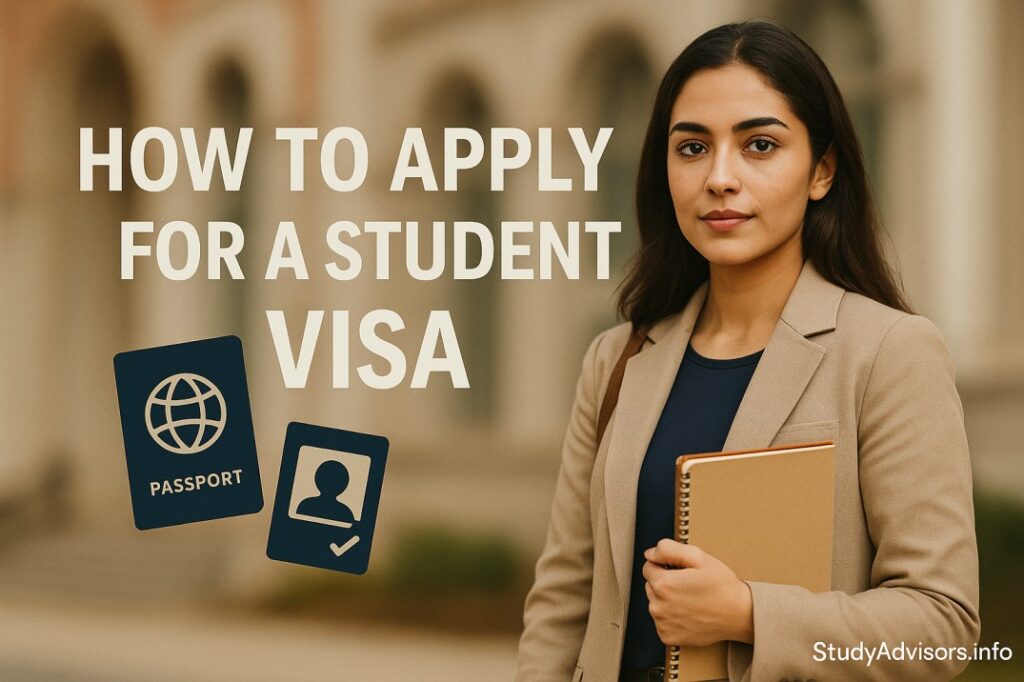Not long ago, I had a conversation with a group of final-year students. We were sitting in the cafeteria, sipping tea, when one of them joked, “Sir, I’ve learned more from YouTube than from my entire degree.” Everyone laughed, but then a couple of them nodded seriously. That’s when I realized — he wasn’t joking at all.
Think about it. Ten years ago, YouTube was where you went for music videos, movie trailers, or funny cat clips. Fast-forward to 2025, and it has become the world’s largest classroom. It’s open 24/7, it doesn’t charge tuition, and the teachers never lose patience with your questions.
But here’s the problem: with millions of channels out there, it’s easy to get lost. One moment you’re watching a physics explanation, and before you know it, you’re three videos deep into cooking tutorials. So, which channels actually matter for students? Which ones genuinely improve your learning, help you prepare for exams, or give you the skills to survive in today’s competitive world?
I’ve been guiding students for years, and I’ve seen firsthand which YouTube channels make the biggest difference. These are not just random picks from a search result. They’re the channels I’ve recommended, the ones my students swear by, and the ones that have produced real results. Let me walk you through them.
1. Khan Academy – The Lifeline for Struggling Students
Whenever I ask a student how they survived math, I almost always hear the same name: Khan Academy. Salman Khan started this channel years ago with simple videos for his cousins, and now it’s practically a global institution.
One of my engineering students, Ali, used to be terrified of calculus. He even considered changing his major because he thought he’d never pass. I told him, “Just dedicate one hour a day to Khan Academy. Pause when you’re confused, rewind if you must, and keep practicing.” He wasn’t convinced at first, but slowly the pieces started to fit. A semester later, Ali was standing in front of me with his grade report, grinning like he’d won the lottery. An A in calculus.
That’s why Khan Academy is still relevant in 2025. It’s patient, it’s structured, and it never makes you feel stupid. For many students, it’s the difference between giving up and pushing forward.
2. CrashCourse – Education That Feels Like a Show
Now, not everyone has the patience for calm, step-by-step lessons. Some students — and I see this a lot with teenagers — need fast energy, visuals, and humor to stay engaged. That’s where CrashCourse comes in.
I remember a student preparing for a history competition. She told me, “Sir, I can’t read another page of this boring textbook. I’m done.” I suggested she try CrashCourse’s World History series. Two weeks later, she came back quoting timelines and historical facts with enthusiasm. She even told me, “It felt like I was binge-watching a show, not studying.” And yes, she won that debate.
That’s the beauty of CrashCourse. It’s not about dry memorization. It makes you curious, makes you laugh, and before you realize it, you’ve learned something new.
3. Veritasium – Where Science Feels Alive
If you’ve ever caught yourself wondering, “Why does this work the way it does?” then Veritasium is your kind of channel. Derek Muller, the man behind it, has a knack for turning science into stories that stick in your brain.
A student I once mentored was writing a paper on renewable energy. She was struggling to explain why solar power predictions aren’t always straightforward. Then she found a Veritasium video that broke it down using visuals and analogies. She used some of those ideas in her essay, and her professor praised her for making a complicated topic so easy to understand.
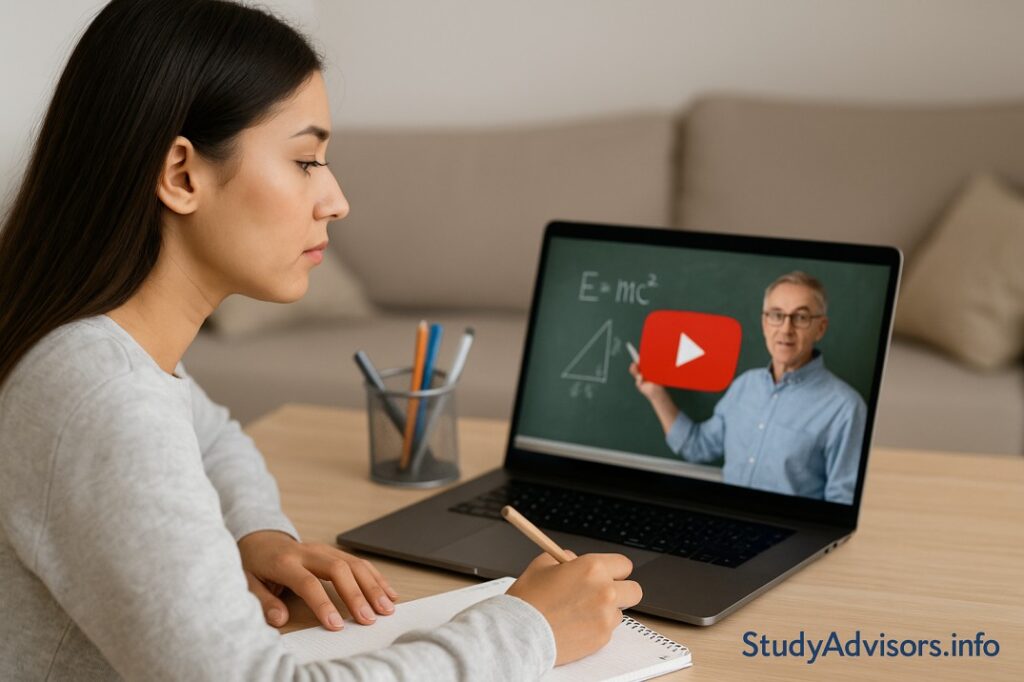
That’s what Veritasium does best — it takes science out of textbooks and puts it into the real world. In 2025, with videos about AI, quantum physics, and climate change, it’s as relevant as ever.
4. Unacademy – From South Asia to the World
If you’re from India, Pakistan, Bangladesh, or even the Middle East, chances are you’ve heard of Unacademy. What started as an Indian exam-prep platform has now become a global learning space.
I know a student from Karachi who couldn’t afford expensive IELTS coaching. He followed Unacademy’s free playlists, practiced along with their tips, and ended up scoring a 7.5 band. For him, Unacademy wasn’t just helpful — it was a ticket to studying abroad.
Yes, Unacademy still focuses heavily on Indian exams like UPSC and JEE. But in 2025, its reach is much wider. Whether you’re preparing for GRE, GMAT, or English proficiency tests, it has something for you.
5. TED-Ed – Five Minutes That Change How You Think
TED-Ed is one of those channels you don’t go to for long study sessions. Instead, you pop in for a five-minute lesson — and leave thinking about it for the rest of the day.
One of my students once struggled with essay writing. She watched a TED-Ed video on storytelling and came back with essays that read like short stories. Her teacher was so impressed that she asked her to read one out loud in class.
That’s TED-Ed for you. It doesn’t overwhelm you with facts; it sparks curiosity. And sometimes, that spark is all a student needs to see a subject differently.
6. Ali Abdaal – The Guide to Studying Smarter
Ali Abdaal is not a traditional teacher. He’s more like that older friend who has figured out how to study effectively and wants to share his secrets. A former doctor from Cambridge, his videos are all about productivity, time management, and learning strategies.
I worked with a medical student in Lahore who was burning out from 12-hour study days. She started following Ali’s advice on active recall and spaced repetition. Within weeks, she was studying fewer hours but remembering more. She told me, “Sir, it feels like someone gave me back my evenings.”
In 2025, Ali also talks a lot about using AI tools responsibly, which is exactly what today’s students need. He doesn’t just teach you to study — he teaches you to live better while studying.
7. Simplilearn – Skills That Get You Hired
Let’s be honest: in today’s world, degrees alone don’t guarantee jobs. Employers want skills — coding, data analytics, digital marketing, project management. That’s where Simplilearn’s channel is a game changer.
One computer science undergrad I knew used their Python tutorials to build projects outside of class. By graduation, he already had a portfolio strong enough to land a remote internship. He told me, “Sir, half of what I know about coding came from Simplilearn.”
In 2025, when competition for jobs is fiercer than ever, channels like this help students prepare for the real world, not just exams.
8. National Geographic – The World as Your Textbook
Education isn’t only about textbooks and grades. Sometimes, it’s about understanding the planet we live on. And nobody does that better than National Geographic.
I know a geography teacher who regularly assigns NatGeo videos as homework. She told me, “It’s the only way to make students fall in love with the subject.” And she’s right. Once you watch their breathtaking visuals of wildlife, oceans, and space, geography stops being “boring” and starts being fascinating.
In 2025, their short documentaries on climate change and space exploration are perfect for both school projects and personal curiosity.
9. BBC Learning English – Opening Global Doors
If there’s one skill every international student needs, it’s English. And BBC Learning English remains one of the best free resources out there.
A student in Sharjah improved his IELTS score just by watching half an hour of BBC Learning English daily. It wasn’t just vocabulary; he picked up the rhythm, pronunciation, and flow of natural English. When he sat for his speaking test, he sounded more confident, almost like he’d been practicing with a native speaker every day.
That’s the secret. It’s not flashy, but it works. And in 2025, with lessons tied to current events, it keeps students connected to the real world while they learn.
10. StudyIQ Education – Staying Updated and Prepared
Finally, let’s talk about StudyIQ Education. While it’s known mostly for Indian competitive exams, its current affairs and general knowledge videos are useful far beyond that audience.
One university student I knew watched StudyIQ not for exams, but to stay updated on global events. In debates, discussions, and even casual conversations, he always had fresh insights. His friends joked, “You sound like a news anchor.” But honestly, that awareness gave him an edge.
For students preparing for exams or simply trying to stay informed, StudyIQ is one of the most practical channels in 2025.
Why These Channels Matter in 2025
I tell students this all the time: “Your most powerful classroom today fits in your pocket.” With just a smartphone and internet, you can access lessons that used to cost thousands of dollars.
But here’s the catch. YouTube can waste your time just as easily as it can educate you. The difference lies in how you use it. Watch mindlessly, and you’ll learn nothing. Watch with focus, take notes, and practice — and you’ll transform yourself.
These ten channels aren’t just names on a list. They’re mentors, storytellers, and guides for students who are willing to learn.
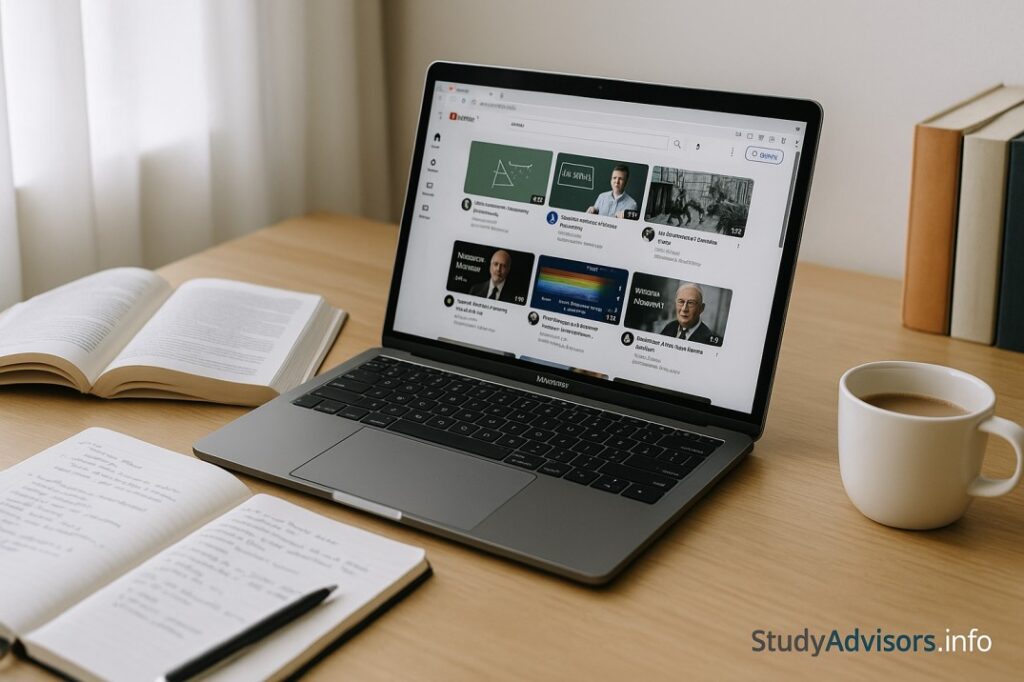
FAQs
Q1: Can YouTube really replace coaching centers? Not entirely. Some exams still need structured coaching. But I’ve seen students crack IELTS, GRE, and even local competitive exams just with YouTube, provided they had discipline.
Q2: How long should I study on YouTube daily? One to two focused hours are enough. Don’t binge. Treat it like a class — take notes, pause, rewind, and practice.
Q3: Are all YouTube channels reliable? No. That’s why you should stick to credible ones like Khan Academy, CrashCourse, or BBC. Always double-check if you’re using the information for assignments.
Q4: Do these channels give certificates? Most don’t. But they give knowledge, skills, and confidence — which, honestly, matter more.
Conclusion
If there’s one lesson I’ve learned in all my years as an education consultant, it’s this: success doesn’t belong to the students with the fanciest schools or the biggest bank accounts. It belongs to those who make the best use of the resources available to them.
In 2025, YouTube is no longer just entertainment. It’s the world’s biggest free university. From Khan Academy’s math lessons to Ali Abdaal’s productivity hacks, from TED-Ed’s five-minute sparks to National Geographic’s breathtaking stories — the opportunities are endless.
The only question is, will you use them? The next time you open YouTube, pause before clicking on another random short. Ask yourself: “What if I spent the next half hour learning something that could change my future?” Trust me, you’ll thank yourself later.

